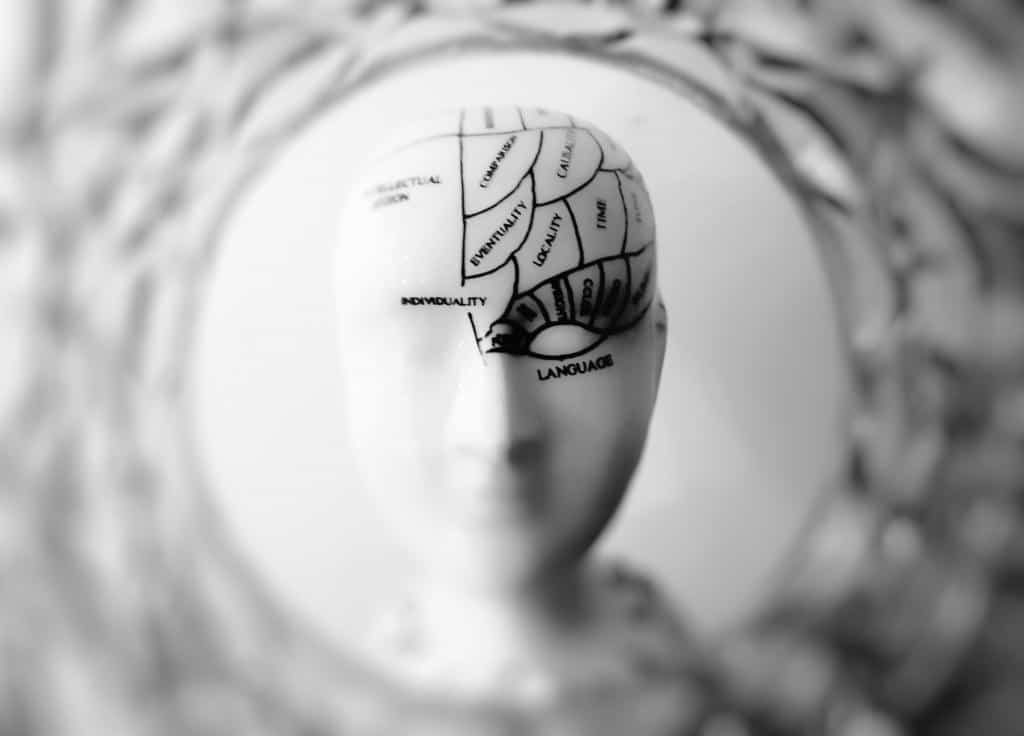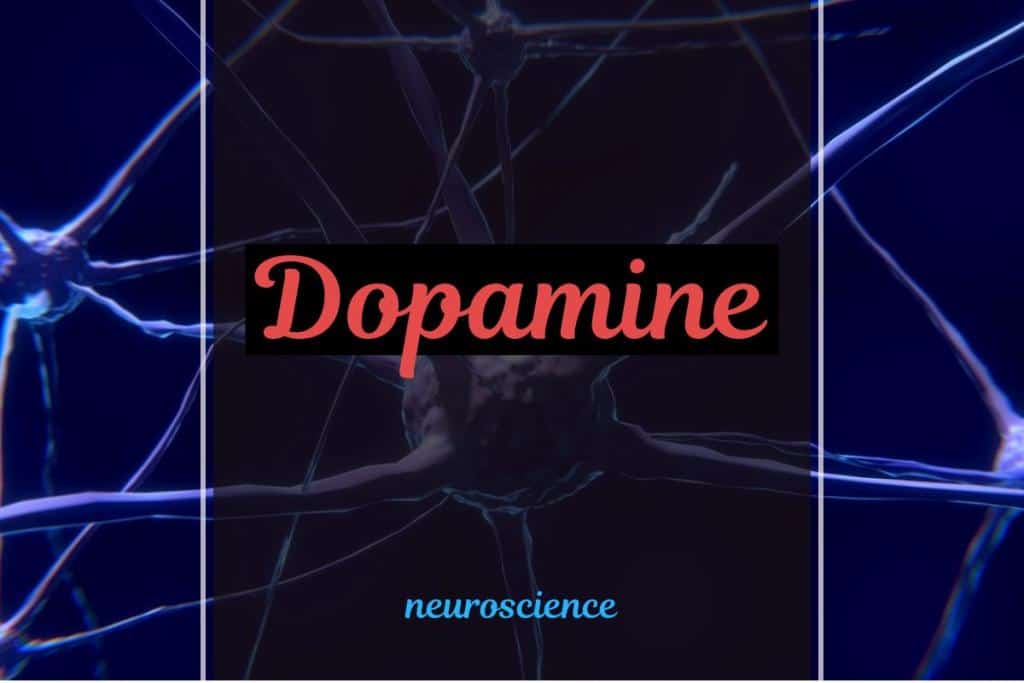🖊 This article was last updated on February 6, 2020
Introduction
Have you ever caught yourself feeling compelled to check your email or social media accounts every five minutes? Have you ever been so engrossed in a game (say, Candy Crush, Temple Run, or any other game) that you would play it for hours even if you know you have tons to do?
If your answer is YES, then you’ve felt the power of dopamine in your system.
But what exactly is dopamine, and why does it seem to have such a persistent hold over us? More importantly, how do we leverage it to support our productivity?
What Is Dopamine?

Dopamine is a chemical that helps transmit nerve impulses in the brain. Dopamine is released whenever one anticipates or receives pleasure or reward following an activity. This activity can be anything we consider good or fun–whether it’s eating, going for a run, reading our favorite book, achieving another goal, spending time with loved ones, having sex, or playing our favorite game.
Because of this, our brains begin to associate the reward or pleasant emotion with particular activities. We then feel motivated to do things, or even to change our habits, so we can get more of the reward or the good feeling.
According to the reward prediction error hypothesis, dopamine releases vary depending on whether or not we are expecting a reward. Our dopamine neurons are activated when we get more reward than we expected or when the reward is intermittent. On the other hand, it maintains baseline activity when the reward matches our expectations. This may be one reason why people who gamble feel motivated to keep playing after a few wins, why getting more likes in our posts seem to make us want even more, or why we keep checking our emails just in case that response we’ve been waiting for is finally in.
But it seems like dopamine is not all about rewards and pleasure seeking. Recently, researchers at the University of California, Berkeley found out that dopamine is also released during unpleasant experiences. This means that dopamine is not just training our brain to pursue what feels good–it is also motivating us to avoid what feels bad.

Why is Dopamine Important?
Beyond pleasure-seeking and pain avoidance, this neurotransmitter has several functions that are important to our survival. Dopamine is linked to motivation, movement, cognition, memory, learning, planning, and prioritization.
Low levels of dopamine can manifest as a lack of motivation, and it is also linked to illnesses like Parkinson’s disease, ADHD, depression, and addiction.
But too much dopamine can also be bad for us. Dopamine spikes caused by illicit drugs can lead to euphoria and aggression.
Dopamine and Technology
Psychology professor Christopher Ferguson points out that technology use leads to a dopamine release similar to other fun activities. We can thus get hooked into certain actions–dopamine loops–as we keep chasing more rewards or positive emotions. Before we know it, we’ve been:
- mindlessly scrolling down our news feed for hours;
- constantly checking our social media accounts for new “likes”, reactions, followers, or comments;
- repeatedly opening our email just in case a new message comes in;
- googling and reading one article after another, wanting to get more information even when we’ve already found the answers we need.
How to Make Dopamine Work for You
Why is it important to understand how dopamine works?
Because then we can work with our brain, not against it. A better understanding of what drives our behavior will help us design our lives in a way that increases our productivity and our joy. We can conquer our procrastination and master our impulses, instead of letting it wreak havoc in our schedules and priorities.
Here are 3 tips to avoid dopamine loops:
1. Set a schedule for checking emails and limit the time you spend on this task.
You can use timeboxing to schedule your workday, including reading and replying to emails. For instance, you can check emails for 30 minutes in the morning and then again in the afternoon.
Being able to do focused work–instead of shifting from checking messages then getting back to your tasks–will immensely help improve your productivity and the quality of your output.
2. Put your phone out of reach
For some of us, the mere sight of our phones can lure us into checking messages and notifications.
While this can be solved by sheer willpower, you can save yourself some energy by simply putting your phone where you don’t see it. You can put it in your bag, leave it in another room while you work, or simply make sure it’s not within arm’s length.
3. Turn off all auditory and visual notifications
Getting notified whenever a new email comes in or someone comments on our latest Facebook post can get us feeling excited and wanting to read them NOW.
Notifications can easily distract us from our tasks, especially if we’re working on something we need to do but don’t want to do.
So it’s in our best interest to turn off all notifications–for email, Skype messages, and social media–and have fixed hours for checking them. You can even set up checking social media as a reward after or in between work.

Regulation
While it may seem like dopamine is undermining our productivity, the truth is we need healthy levels of this neurotransmitter to be able to function well. So it’s important to make sure we are giving ourselves a natural boost of dopamine. We can do this by:
- Taking dopamine-boosting foods. Amino acids tyrosine and phenylalanine are important for dopamine production. We can get these from eggs, dairy, chicken, soy, beef, and legumes. Other dopamine-boosting foods include bananas, apples, watermelons, and leafy vegetables.
- Listening to music. Several studies have shown that listening to instrumental music can increase dopamine levels in the brain.
- Getting enough sunlight. Aside from increasing our dopamine levels, sunshine exposure can increase our serotonin, helping us feel better and calmer.
- Moving more. Exercising regularly may also help improve dopamine levels and boost our mood.
- Getting sufficient sleep. Enough sleep can help regulate our natural dopamine levels. This allows us to focus better and stay alert in the mornings.
Conclusion
Dopamine is a vital chemical in our brain–having too much or too little can affect our capacity to accomplish our tasks.
Knowing this, we can start including dopamine-boosting foods and activities among our productivity hacks. At the same time, we can begin tweaking our tech habits, so our brains are less likely to get hijacked by notifications, beep sounds, and infinite scrolling.
- These Black Friday deals will skyrocket your productivity (2021 edition) - November 11, 2021
- How to Stay Productive as a Digital Nomad - December 23, 2019
- When is the right time to outsource? - December 3, 2019

